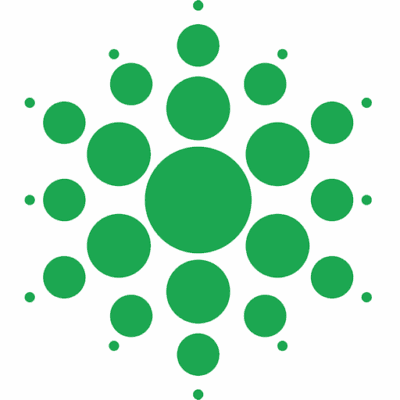The cytoskeleton in cells can play mechanical and transportation roles. Such networks, when confined, have properties that are not like that of bulk networks. We show how a self-consistent field theory approach allows the calculation of density and polarisation density profiles within a confined space, and associated prediction of mechanical properties [1]. We also contrast branching with cross-linking of filaments, where a networking theory was used for cross-linking [2]. This approach can be adapted to include dynamical remodelling of the network. Furthermore, we explore the motion of motors and so-called active cross-links in networks.
[1] S. Azote, K.K. Müller-Nedebock, European Physical Journal E, 2019, 42, 23.
[2] N. du Toit, K.K. Müller-Nedebock, European Physical Journal E, 2025, 48, 27

